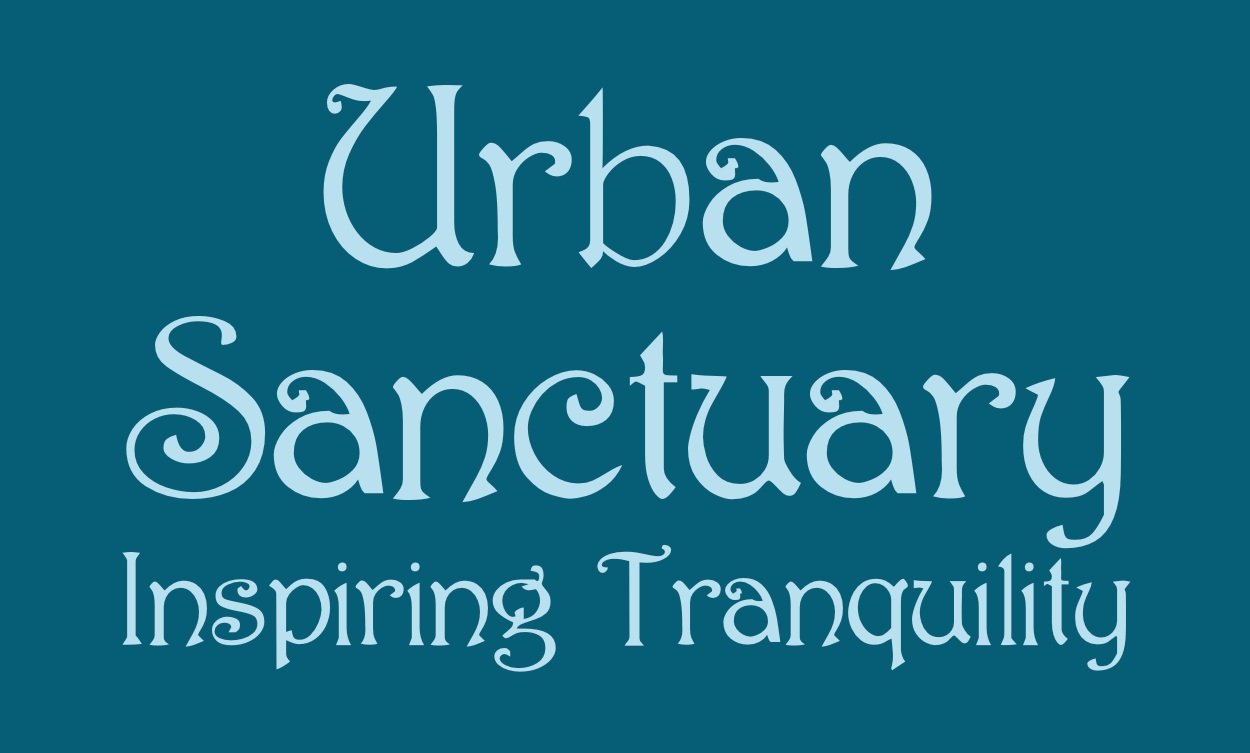Inspiring Ignatian Quotes #21
This quote was narrated by Ignatius to Fr. Luis Gonçalves da Câmara and translated into, A Pilgrim’s Journey: The Autobiography of Ignatius of Loyola, by Ignatius Press. This ‘first reasoning’ was the result of his convalescence in Loyola following his injury at the Battle of Pamploma. This was what we are commemorating that happened 500 years ago. (I addressed this in my initial post.) This became the beginning of the Spiritual Exercises, or more accurately, the beginning of the Discernment Techniques within the Exercises. Perhaps I should explain what the exercises are, and why they are so important for this very time in our lives.
“For just as taking a walk, journeying on foot, and running are bodily exercises, so we call Spiritual Exercises every way of preparing and disposing the soul to rid itself of all inordinate attachments, and, after their removal, of seeking and finding the will of God in the disposition of our life for the salvation of our soul.” (St. Ignatius of Loyola, Introduction: “The Spiritual Exercises of St. Ignatius: Based on Studies in the Language of the Autograph”, by Louis J. Puhl, SJ)
What this means in 21st century language, is that until you determine the end, you cannot determine the means for attaining that end. If the ultimate “end” is ‘the salvation of our soul’, which Ignatius truly believed was the only true goal to be attained in one’s life, then the steps for achieving that salvation must be directed solely to that goal. Much like a runner doesn’t eat burgers and fries daily for lunch to help him achieve his goals of running well, one who is trying to achieve salvation of his soul, eternal life with God in Heaven, should not be spending his life sinning. So, he learns what is sin and why he would want to avoid it.
This is radical language both in Ignatius’ time and in ours. No one wants to be thought of either as sinning, or as a sinner. We’ve almost deleted that word from our daily language; in the 16th century, it was a focus of daily life. Confession was a big part of reckoning oneself with God/the Church/Jesus/eternal life/others . . . whatever power held sway over one’s conscience . . . it was a moral exercise to keep oneself going in the right direction and to reconcile to others whom he/she may have harmed.
“Inordinate attachments” is a key theme that runs through the Exercises. What does that mean? If you have something that you really, really want/want to do/want to have, you will likely do whatever you can to achieve that goal. What Ignatius teaches us, is that until our will, our desires, are aligned with God’s will for our lives, then that passion we crave will override God’s will unless we detach ourselves from it, and let God’s will override ours.
Let’s say you want to marry Person A. This presupposes that your will is to become a married person. Have you even entertained the possibility of not being married? If you are more attached to the goal of being married than to that of being single, then that is an “attachment”. If you will do anything in your power to get married, despite what might be God’s will for your life, that is what Ignatius refers to as an “inordinate attachment”. Essentially, ignoring God’s will for your life and pursuing your own will, despite knowing that God does have a plan for your life.
“For surely I know the plans I have for you, says the LORD, plans for your welfare and not for harm, to give you a future with hope . . . “ (Jeremiah 29 11-13) [I think I referenced this in a previous blog? It’s one of my favorite scripture passages . . . It always bears repeating, in my opinion. :) I’ll let you ponder on that for now. . . ]
. . . to be continued tomorrow.

